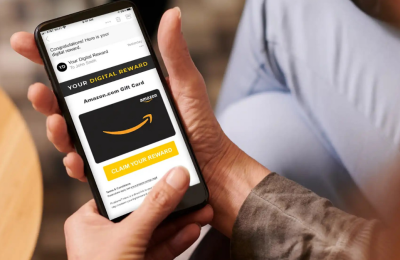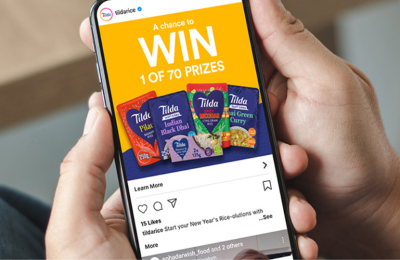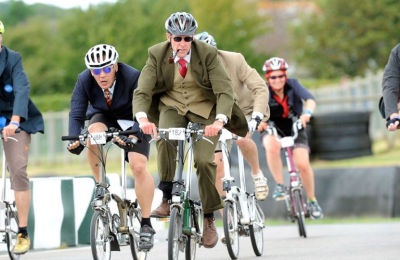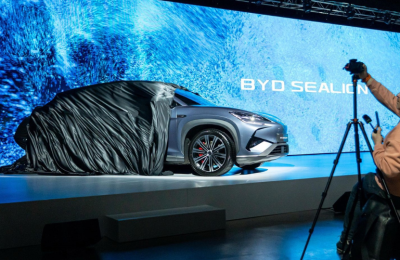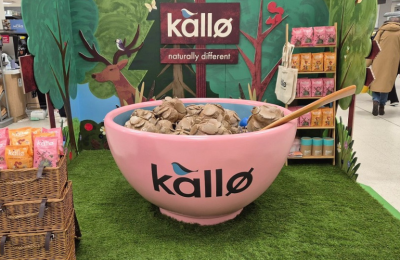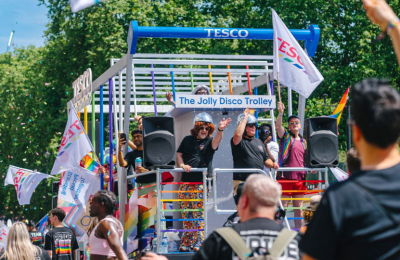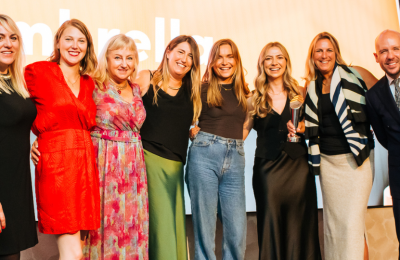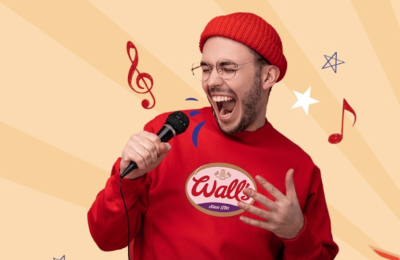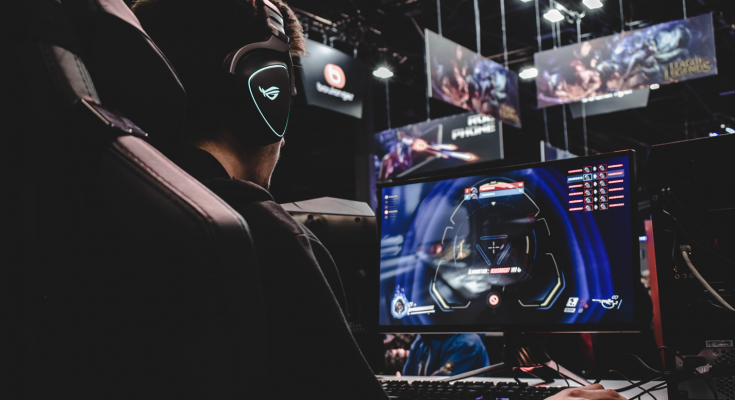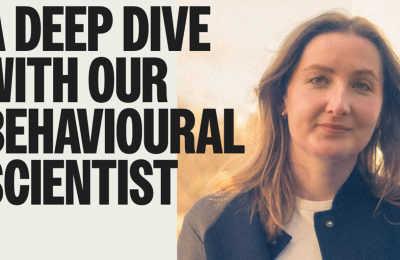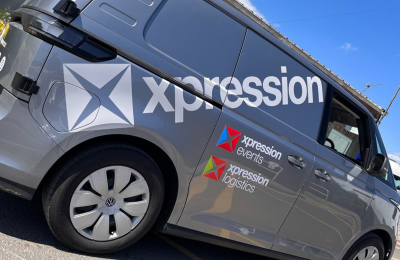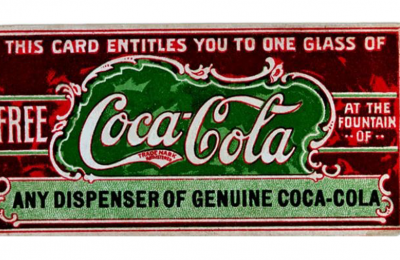Carina Filek, Global COO at Elevate Staffing, sits down with esports industry experts to explore where the industry is headed and to uncover the best practises related to brand engagement.
Esports is one of the fastest growing sectors worldwide, with studies reporting that the industry is expected to generate more than $1 billion in 2019. No longer is gaming a strictly recreational part of our lives. It commands massive audiences that are composed of devoted and highly-engaged fans. And it serves as a tremendous opportunity for brands to connect with consumers.
To get a better idea as to where the industry is headed and to uncover best practices related to brand engagement, the team at Elevate Staffing sat down with three leaders in the esports world. Christopher McKelvy serves as the commissioner of the world’s first VR esports league and works as the Partnerships Manager and Head of Esports at Oculus VR. Vas Roberts, Vice President of sales for FACEIT, is one of the UK’s most experienced esports experts, and Róisín O’Shea, who recently served as Head of Partnerships with FNATIC. Here are their thoughts related to the future of, and all of the massive marketing potential within, the esports universe.
Elevate: According to NewZoo’s Global Esports market report, the industry is on pace to surpass $1 billion in revenue this year. To what do you attribute this massive growth?
Vas: It is down to a cultural shift. Esports is fun, engaging and easily accessible. This makes it one of the easiest forms of entertainment to follow. Add to that the core audience is a ‘’digital first’’ generation and it is not surprising that we have seen incredible growth in the market.
Róisín: Over the last two years, there have been a number of high-profile titles and tournaments in the esports ecosystem that have had a huge impact on the level of engagement, from both long-standing fans and new fans alike. The launch of the long-awaited Overwatch League and titles like Fortnite and others have engaged brands and audiences all over the world. There’s lots more to come this year and next, all contributing to a very healthy market to be in and to invest in.
Christopher: Most of this revenue is coming from brand sponsorship, as brands look for innovative ways to authentically connect with younger audiences. What esports has that other sports don’t is a direct connection to their fans (they play the game!). Brands are investing because there is a lot fertile ground left in the industry. Mercedes is the official car sponsor of DOTA, but no competitor has moved into the Counter Strike ecosystem yet. Brands that act now can still own a piece of the esports landscape and truly make it their own.
Elevate: NewZoo also reports that “the highest-grossing individual esports revenue stream worldwide is sponsorship, generating $456.7 million in 2019.” In your opinion, what is the best way for brands to capitalize on sponsorship? What does successful in-person, experience-driven marketing look like in this mostly virtual industry?
Christopher: One of the most popular words in esports is “authentic”. Brands that can authentically communicate with the game’s audience will win. Any brand considering entering esports should take time to understand the audience of the specific title. Some great examples of this are DHL and Mercedes (seen below). These companies took time to understand the nuances of the game and their fan base. As a result, the fans of DOTA have embraced both DHL and Mercedes and these brands have become part of the culture appearing in memes and reddit sub threads.
[youtube url=”https://www.youtube.com/watch?v=QMUUmfi9NXAl” width=”500″ height=”300″]
[youtube url=”https://www.youtube.com/watch?v=X5Z4doe1x2g” width=”500″ height=”300″]
Róisín: Esports has a digitally native audience, made of young people who crave opportunities to see their heroes compete live. Esports tournaments bring the experience to life, hosting hundreds of thousands of fans in some of the world’s largest sports and entertainment venues. As a brand, the key is to ensure you speak their language. If you’re not sure how, partner with those who do or who can teach you. Most brands need to adapt to this audience, but the results can be extraordinary and like no other marketing investment they’ve ever made.
Vas: Whether it’s a virtual or physical activation, it’s key for the brand to find a genuine way to support and improve the fan experience. One of the most important things is for a brand to have a ‘’why.” Why are they here? What are they looking to achieve? How are they contributing? If there is not a genuine reason for a brand to be present, other than an audience play, then I feel they will not get the experience or results they would if they provided value to the space.
Elevate: When it comes to engaging with esports spectators and fans, what do brands need to know? Is there a segment of this population or a characteristic of esports fans that only insiders see that could help companies create more meaningful connections with this group?
Vas: As with any marketing or sponsorship activity, brands need to understand their audience. If they don’t, it will show, quickly. Immerse yourself in the space as much as you can. Attend some tournaments, speak to fans, or have people on your team that are fans. The audience is a highly passionate one, but they react in different ways than other demographics. Figure out how your message is going to be best received.
Róisín: Tone of voice, sincerity, and genuine investment in understanding the fans are all important when it comes to brands attempting to engage gamers (all esports fans are gamers). As a digitally native audience, they speak to each other online constantly, and they are vocal about everything – especially when it comes to their favourite games. One wrong move in a marketing campaign can have you boycotted. However, as long as you are willing to win the hearts and minds of these young adults, you will be championed in their online communities.
Elevate: Where is esports headed? What do you see as the next frontier of this industry?
Róisín: Mobile gaming is more popular than ever, and this is where I see the most change. When it comes to esports, I think the tournaments are going to get bigger. The live events will be a bigger deal to those periphery fans (people who play games at home but wouldn’t consider going to a live event). Esports will be more accessible to more people through broadcast and live events, especially in the UK.
Christopher: Live events for esports are going to continue to grow in popularity and size and will begin to morph into gaming festivals. The generation raised on esports values “experiences” as a form of social currency and, as they gain purchasing power, the events will scale to match. In the not so distant future, I’m confident that box seats at the League of Legends world finals will be just as valuable as floor seats at a Lakers game. I can also envision a world where stadiums full of people are all competing live in the same mobile game and the winners are crowned on stage.
Elevate: If you had one piece of advice for brands who are interested in adding esports to their marketing strategy, but who have not yet made a move, what would it be?
Christopher: Before brands enter the space, they should know exactly what they are looking for as far as ROI. The esports industry is maturing as a whole but showing ROI can still be a challenge. Brands should be clear about what they are trying to achieve and how they want to measure that success before entering into any partnerships.
Vas: First, research. Take the time and talk to professionals with credible experience. There is a proliferation of choice when it comes to the opportunities available in the market. Do not go it alone unless you are fully confident in your strategy or play. There are plenty of great companies in the space. Brands should learn from them. The second is trust. Once you done all of your research and made your decisions, trust your chosen partner or opportunity and lean in. This is a quick moving market, so if you procrastinate for too long, the opportunity may pass you by. If you have chosen the right partner and listened to their advice, you should be in safe hands.
If you would like to find out how Elevate Staffing can help you, get in touch with Carina Filek at Carina.filek@elevate-staffing.com



